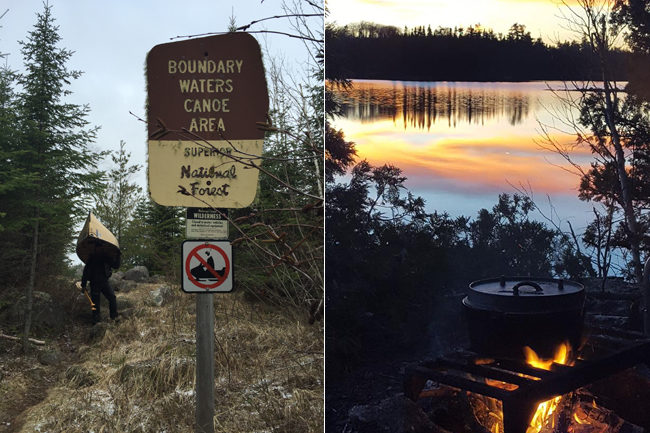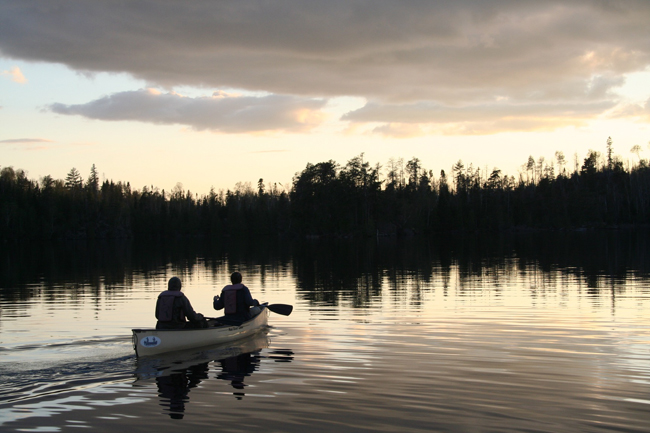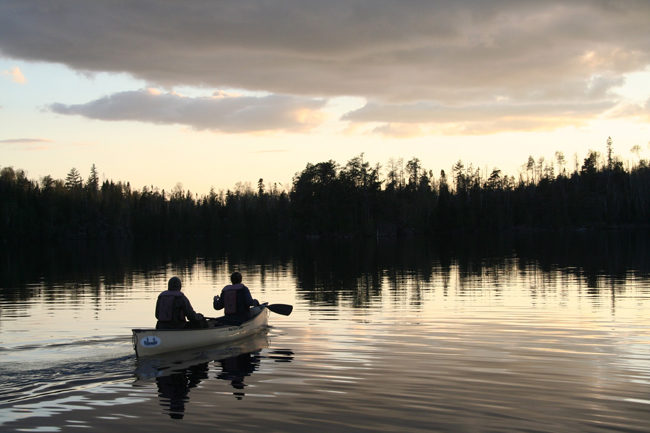
This post is sponsored by Sportsmen for the Boundary Waters.
At the heart of the Upper Midwest’s unique cultural heritage is a love of freshwater fish and wild game. The threat posed by sulfide-ore coppers mines to clean, protected wilderness areas like the Boundary Waters Canoe Area is real, and it puts that heritage at risk.
Sportsmen for the Boundary Waters is one of several groups working to ensure that these woods and waters remain protected and unpolluted. We are currently in a public comment period and environmental review and your comments can help sustain the momentum and defend these wild places from proposed mining activity and the waste that is associated with it.
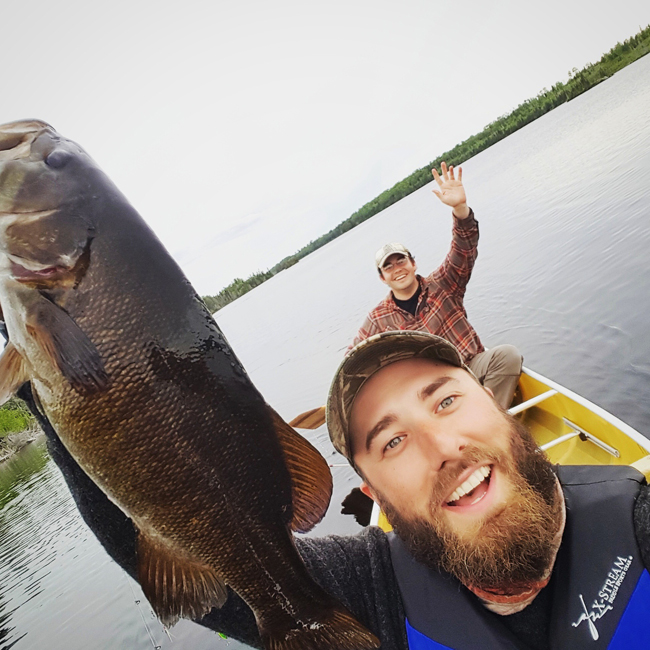
The Boundary Waters is a vast wilderness of lakes, streams, and forests where anglers and hunters can test their skills. This wild landscape is home to moose, deer, bear, grouse, walleye, bass, lake trout and pike.
Even conservative models of pollution show that waterways would carry contaminants from these mines into the Wilderness. A single mine in this watershed could pollute the areas where you fish or hunt for at least 500 years.
Acid mine drainage, heavy metals and associated pollutants from sulfide-ore copper mines harm microorganisms, aquatic plants and fish. Acid mine drainage also increases the acidity of waters. As acidity increases, we know certain species will be unable to survive. Minnows are impacted first, followed by walleye, northerns, smallmouth bass, trout and loons.
The forests of the Boundary Waters Canoe Area Wilderness are deeply interconnected with the streams, lakes, wetlands and groundwater. Mining activities would disrupt this relationship, resulting in the loss of forest area and unique opportunities for hunting in remote areas.
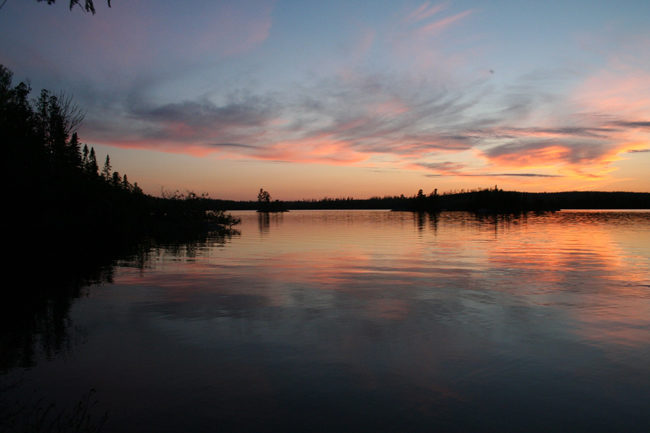
Minnesotans already face fish consumption advisories from mercury contamination around the state. Sulfide-ore copper mining near the Boundary Waters would expose local residents and visitors alike to additional sources of mercury, increasing the risk of elevated blood mercury above the safe limit.
Your engagement in the environmental review process, and your continued support for the coalition, are critical. The environmental review process has started with a 90-day public comment period.
If this threat is of concern to you, your comments on this environmental review are needed now!
As someone who loves the Boundary Waters, your comment should be sent in as soon as possible, and definitely before April 19. You should also consider attending and speaking up at an agency-hosted public meeting.
ABOUT SPORTSMEN FOR THE BOUNDARY WATERS: Sportsmen for the Boundary Waters was formed by a group of sportsmen and women who are concerned about protecting the habitat of the area where they hunt, fish and camp. Learn more about the group on the Sportsmen for the Boundary Waters website.
